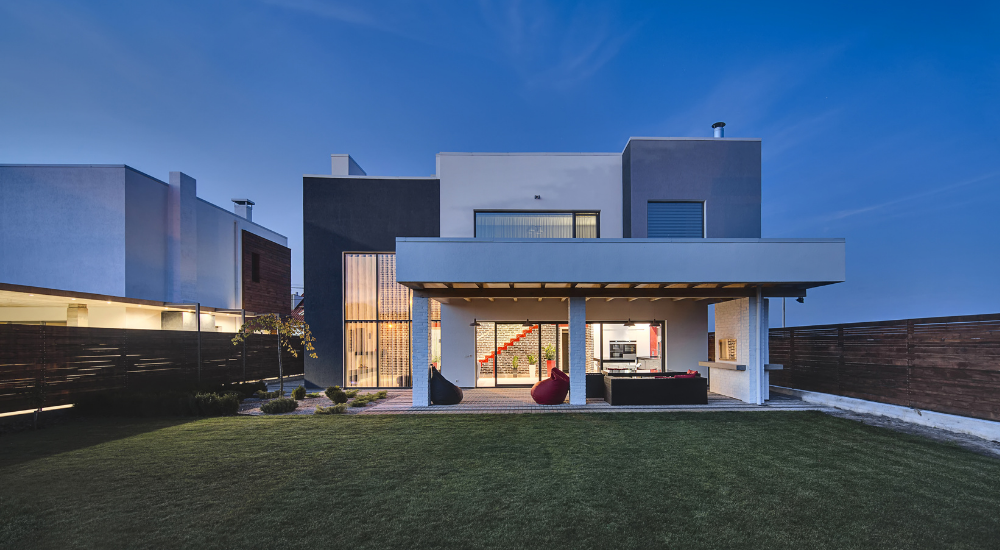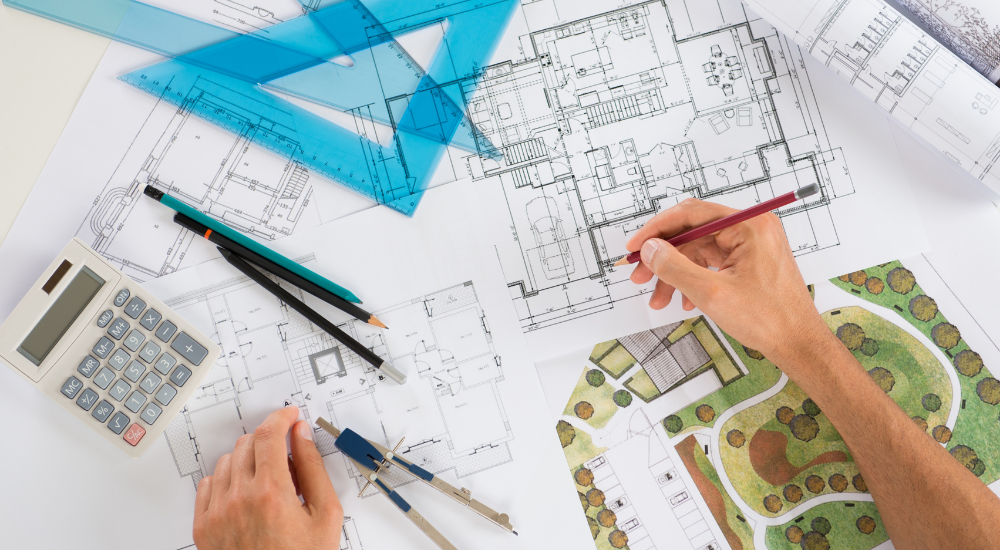
If you’ve considered self building a house in the countryside, you might be put off by the strict planning permission requirements that can prevent your dream from becoming a reality.
However, a clause known as Paragraph 79 might be the answer to getting permission granted even on a heritage site. Read on to find out more.
What is Paragraph 79?
Paragraph 79 is an exemption clause in the National Planning Policy Framework (NPPF).
Also known as the country house exemption clause, Paragraph 79 allows certain exceptional designs to be approved where their location would normally cause planning permission to be denied. It is often a factor when applying to build isolated houses on green belts or within Areas of Outstanding Natural Beauty, where the construction of buildings is often incongruous with the surroundings.
The reason for this exemption is to allow for continual innovation and development within architecture. In particular, it helps to promote finding newer and better ways to make homes that are sustainable and environmentally friendly.
What criteria must a design meet?
In order to be approved, a proposal must meet some stringent criteria. These include specifications that the design must:
-
be of exceptional quality
-
be truly outstanding or innovative, reflecting the highest standards in architecture
-
help to raise standards of design more generally in rural areas
-
significantly enhance its immediate setting
-
be sensitive to the defining characteristics of the local area
You can’t expect to meet these criteria without thinking outside the box. As such, pursuing a Paragraph 79 house isn’t for the easily intimidated. It’s also important to note that you might not be able to build the home of your dreams exactly as you imagined it; you’ll need to be open minded and ready to roll with the punches.
How do I apply for Paragraph 79 exemption?
Getting approval isn’t an easy process, and there’s no guarantee that you’ll be granted an exemption. In fact, it’s actually extremely rare, with only about 6 granted per year.
Even using a previously approved project as inspiration isn’t a fool-proof tactic, as one of the stipulations is outstanding innovation. Copying an existing design will therefore make it much less likely to be accepted.
Paragraph 79 architects
If you'd like to discuss your potential Paragraph 79 project with us at Design Haus Architecture, please get in touch





